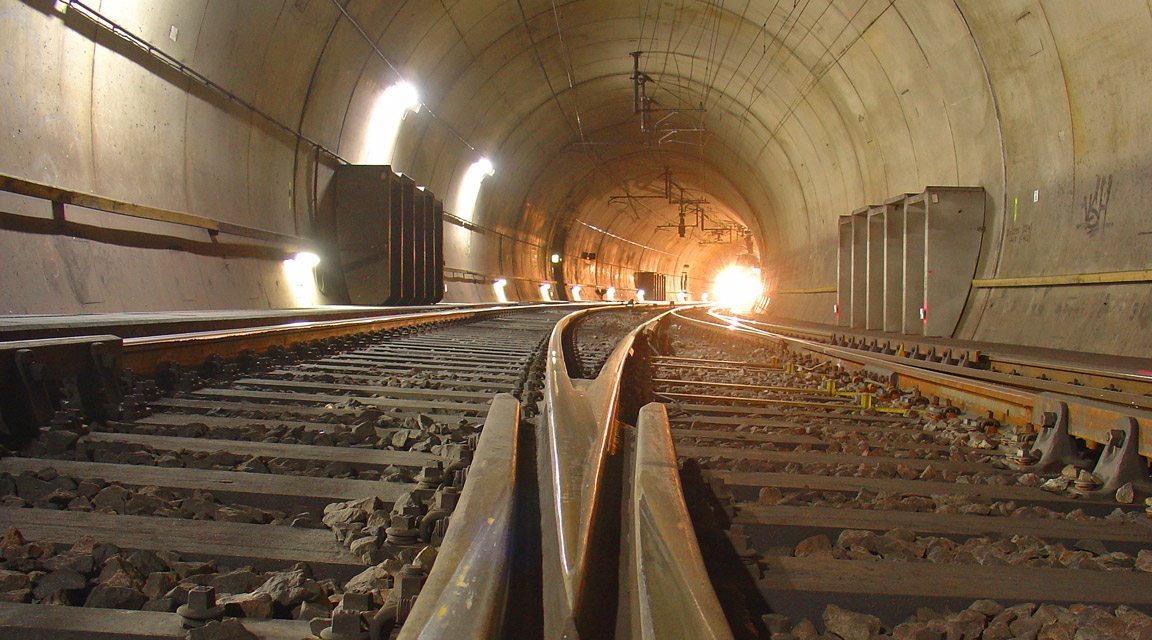

Four of the 10 prequalified consortiums for Egypt’s planned first high-speed railway linking Ain Sokhna on the Red Sea coast to the new Alamein city on the Mediterranean coast are Chinese-led.
Three of these consortiums are Chinese/local teams. The fourth –probably the strongest of the four – comprises a team of Chinese firms that partnered with Germany-based Siemens and Deutsche Bahn.
It appears this approach is designed to maximise the Chinese firms’ chances of winning the contract that will be procured using an engineering, procurement and construction (EPC) plus finance (EPC+F plus) model.
The Chinese have been aggressively bidding and winning projects that require financing across different sectors in Egypt, as they are elsewhere.
A consortium of Shanghai Electric, China’s Dong Fang and the local Hassan Allam Construction submitted the lowest engineering, procurement and construction (EPC) price of $4.4bn for the planned 6.6GW Hamrawein clean-coal power plant, which will be similarly developed under an EPC+F model. China’s Sinohydro also recently won a contract to develop a 2,400MW pumped-storage hydro project in the Suez area under a 100 per cent concession financing agreement.
However, rail and infrastructure projects are especially important for China due to its New Silk Route and Belt and Road Initiative (BRI).
Meant to revive the ancient Silk Road by building a massive network of rail, maritime, energy and internet infrastructure across Asia, Europe and Africa, BRI is expected to become even more prominent as President Xi Jinping, who launched the initiative in 2013, is expected to remain in power indefinitely.
As one observer says, BRI has become a magic phrase in order to obtain approval for overseas project financing from the Chinese government.
Key ports and logistics operators and hubs across the region including Dubai-based ports operator DP World and Abu Dhabi Ports have been engaging China’s BRI initiative. By investing in ports on the BRI’s direct maritime route, or by luring Chinese companies to build manufacturing plants whose end products are destined for Africa, these entities want to ensure they will benefit from China’s ambitious plan if it succeeds.
These moves also aim to counter the potential benefits that a successful BRI will bring to Iran’s economy, since it is the only country in the region along its direct route.
It would be surprising if Egypt does not jump on the opportunity to engage more strongly with China given the potential benefits of the BRI for its maritime and logistics sectors as well as its massive infrastructure financing needs. Indeed, China's TEDA Corporation is already developing a 7.23-square-kilometre industrial zone in Ain Sokhna, which provides greater incentives for the Chinese to want to build and finance the planned high-speed railway, which has a freight component.
It must also be noted that Beijing-based China Harbour Engineering Company recently won the contract for the construction of a second basin at Egypt’s Sokhna port, operated by DP World, which happens to be co-developing, along with the Suez Canal Economic Zone Authority (SCZone), an integrated a 75km integrated industrial and residential zone in Sokhna city.
Indeed it does appear that the Chinese will give the European- and Japanese-led consortiums, despite their substantial experience in building and financing rail projects overseas, a run for their money if the procurement for the Sokhna to Alamein railway manages to take off.
You might also like...

Saudi Arabia's Roshn launches Aldanah Dhahran project
25 April 2024

Adnoc sees project spending uptick
25 April 2024

Partanna and Saudi firm tests carbon negative concrete
25 April 2024
A MEED Subscription...
Subscribe or upgrade your current MEED.com package to support your strategic planning with the MENA region’s best source of business information. Proceed to our online shop below to find out more about the features in each package.






